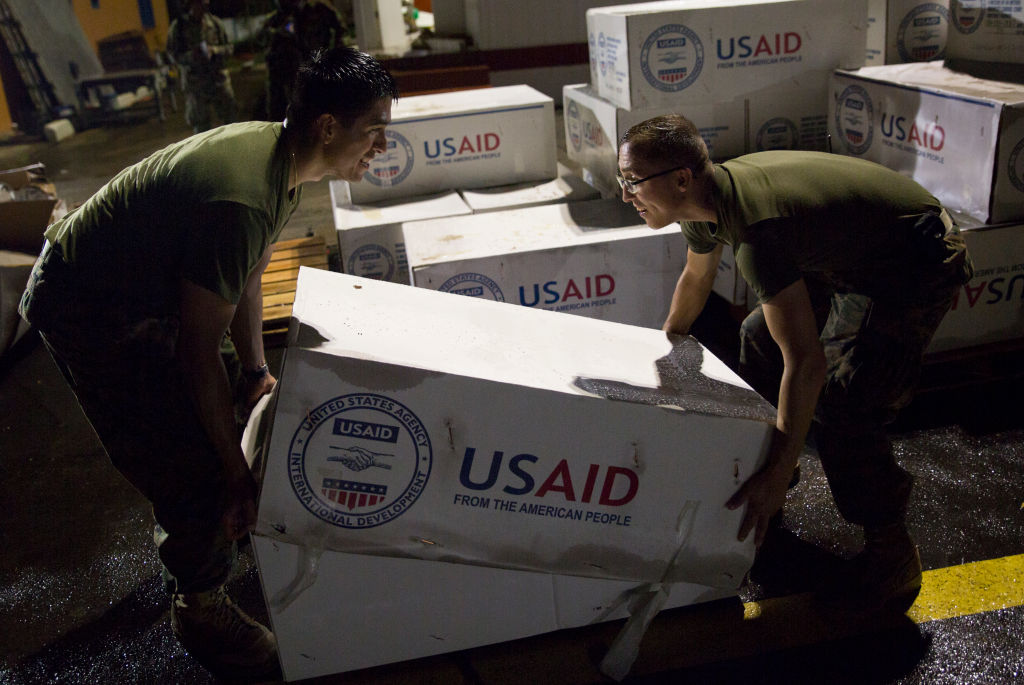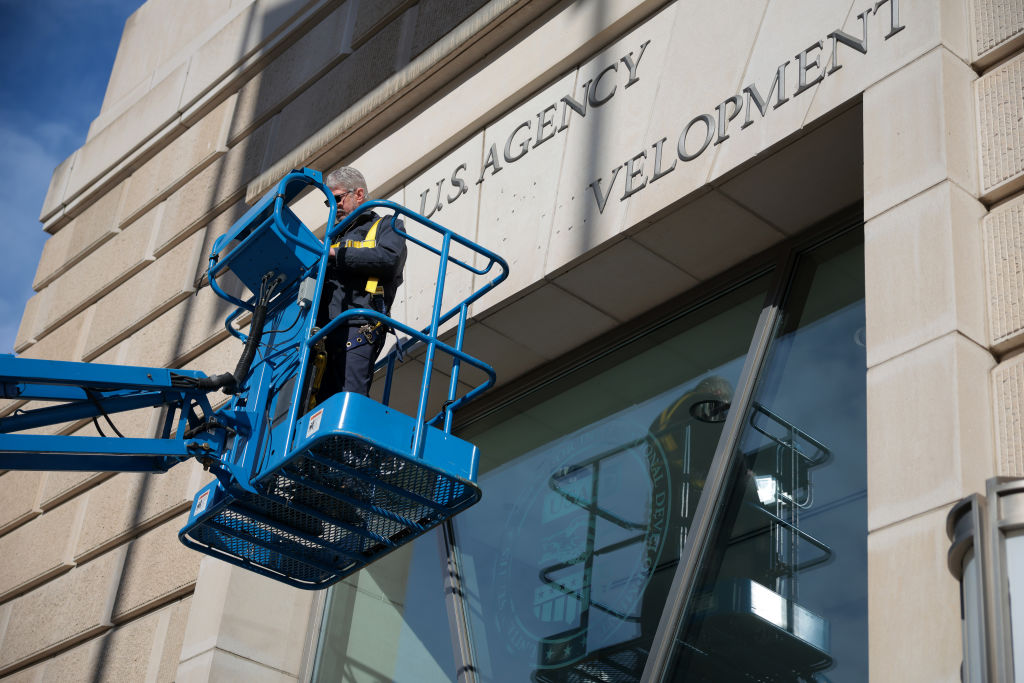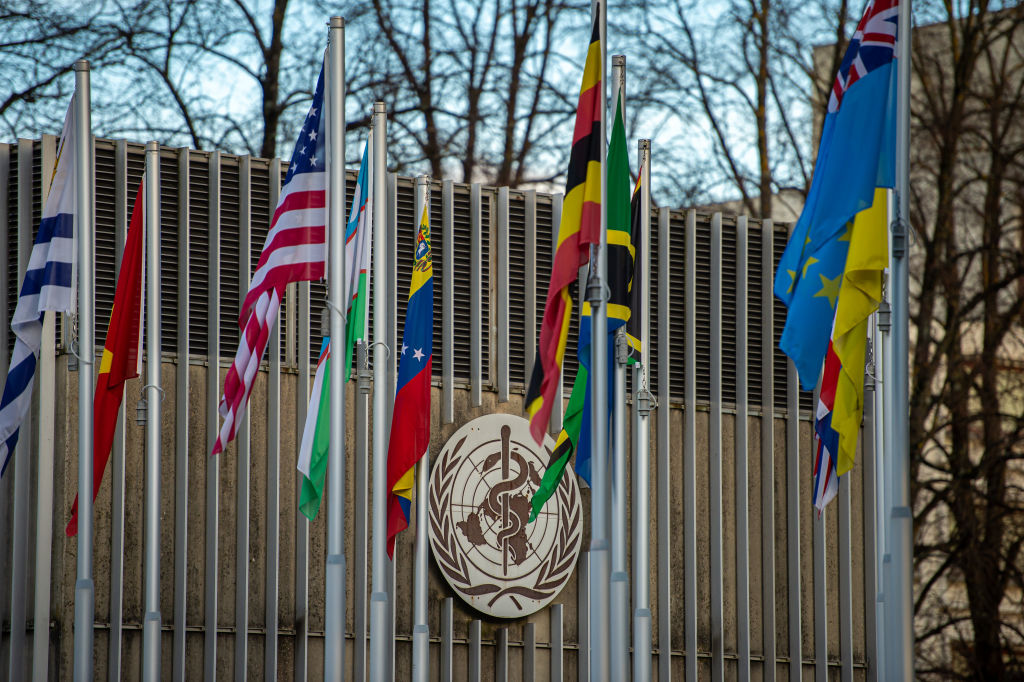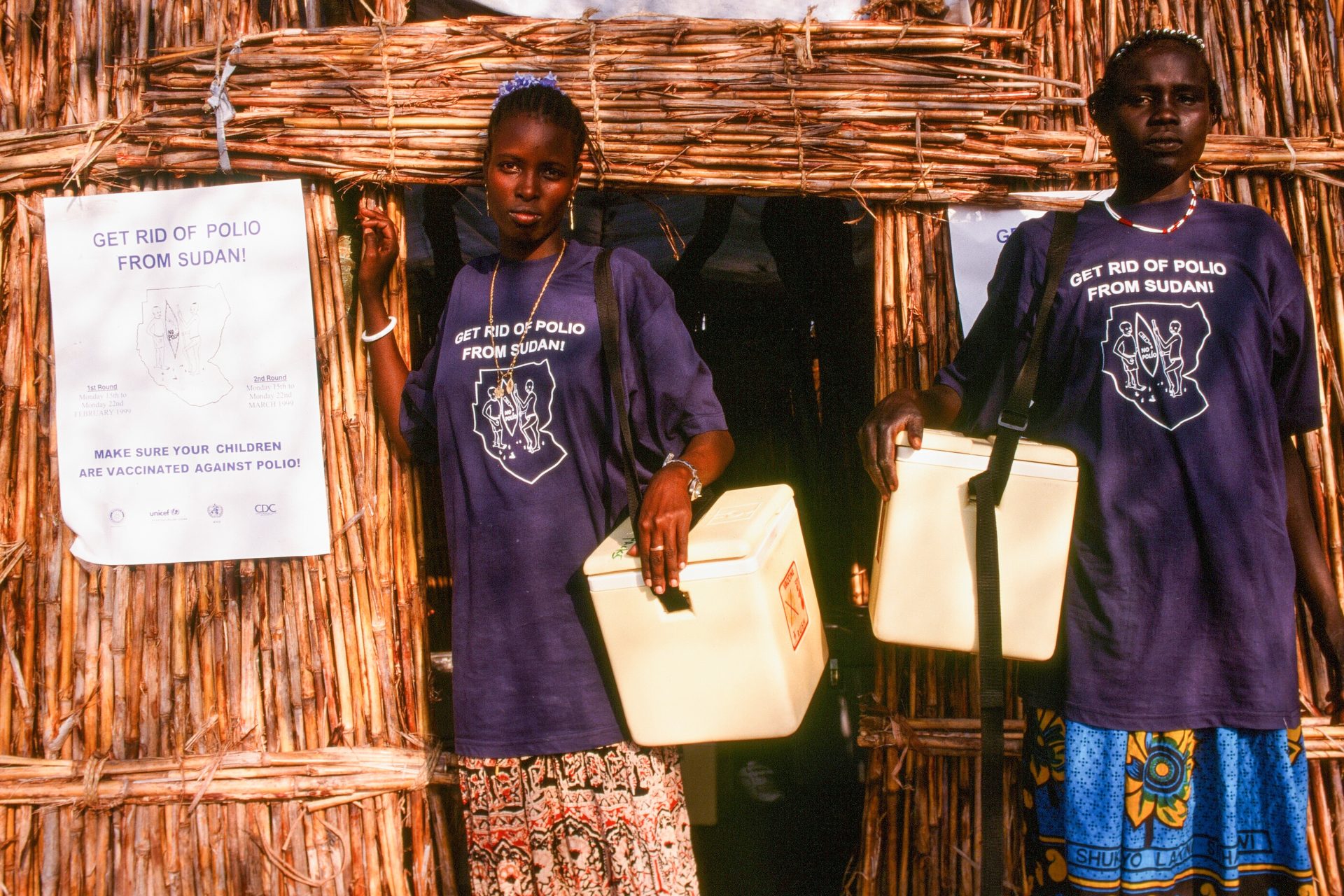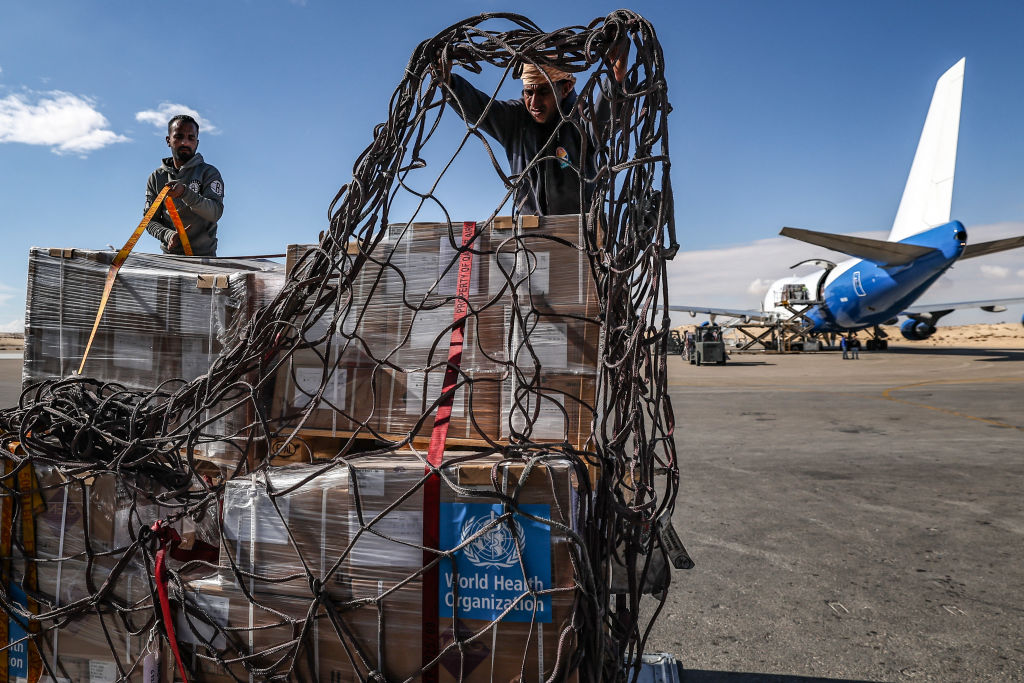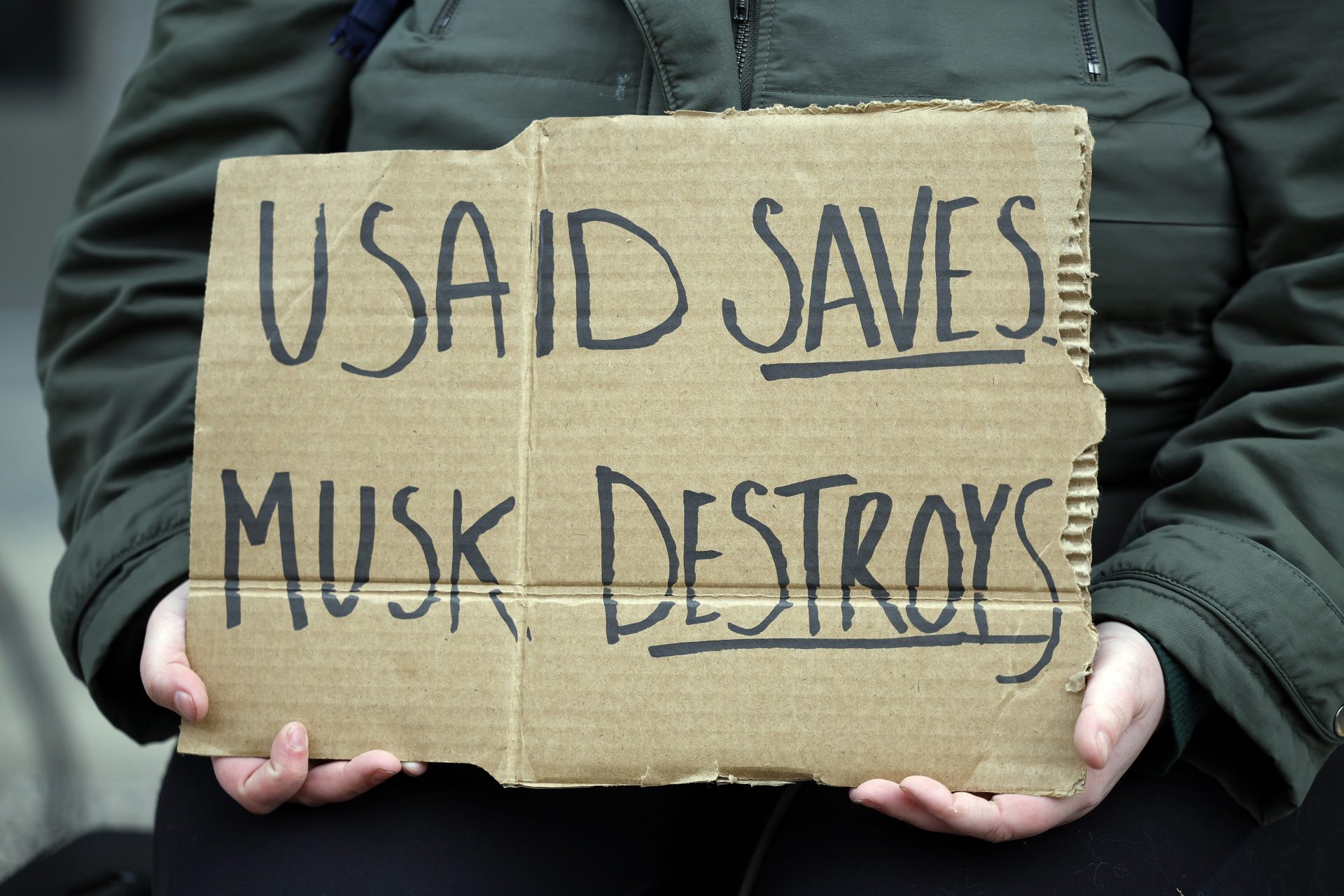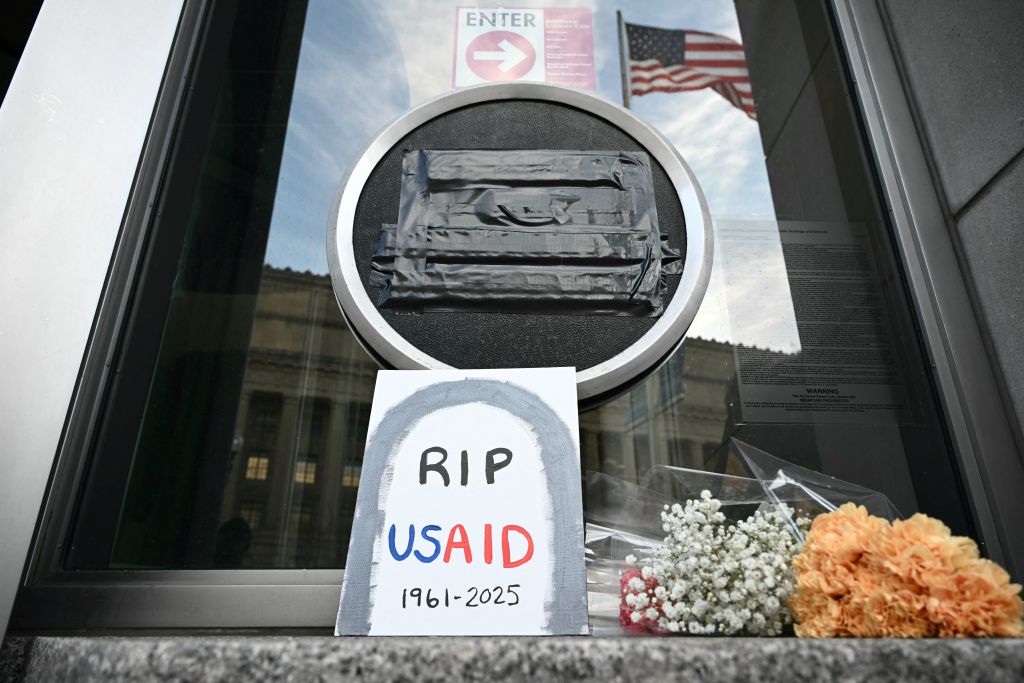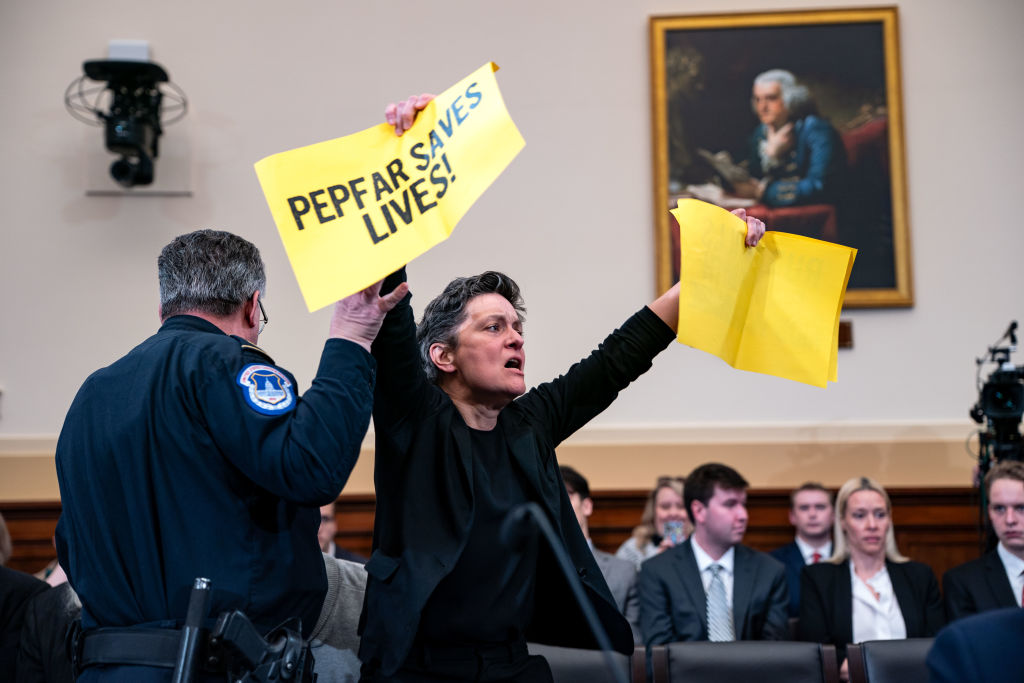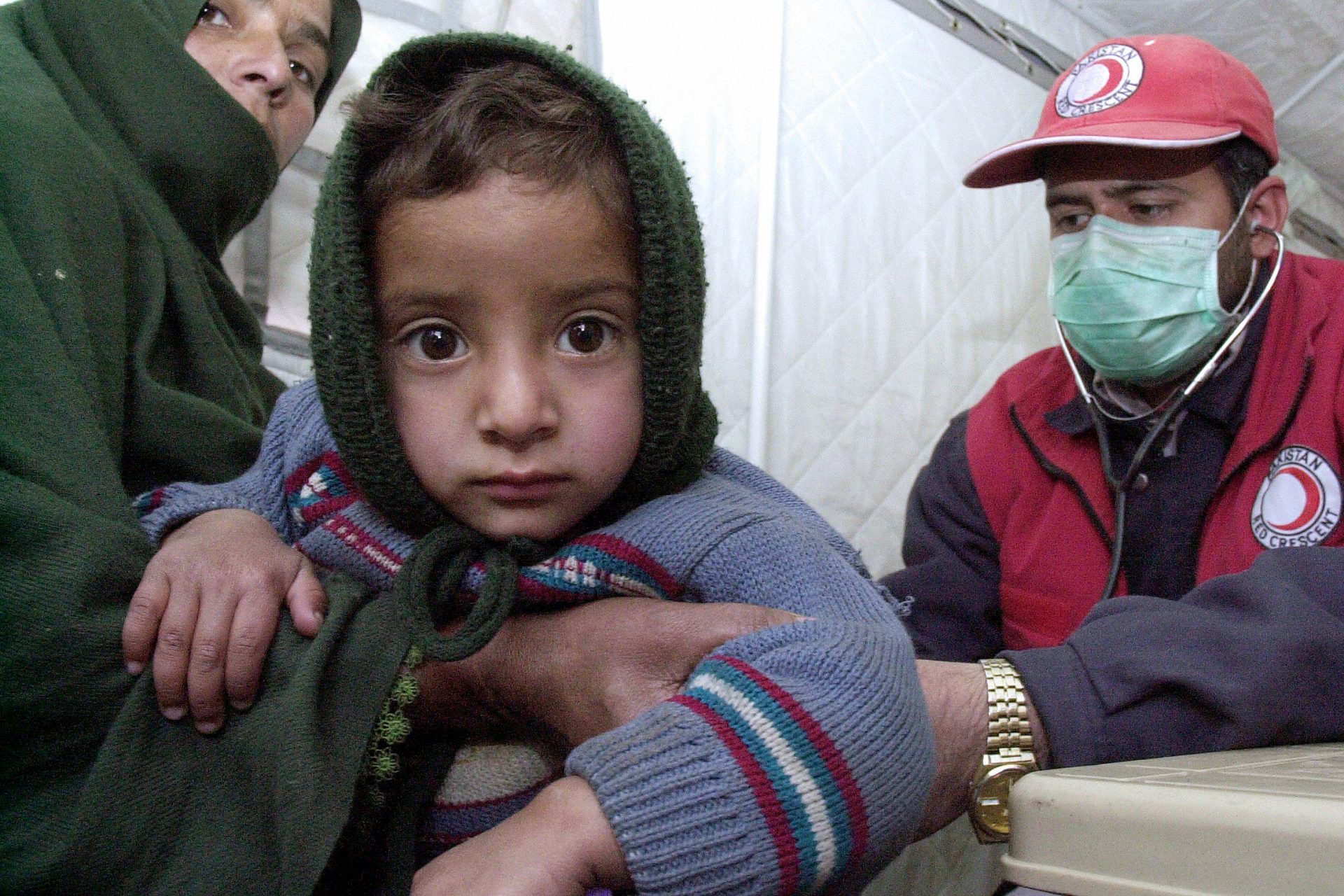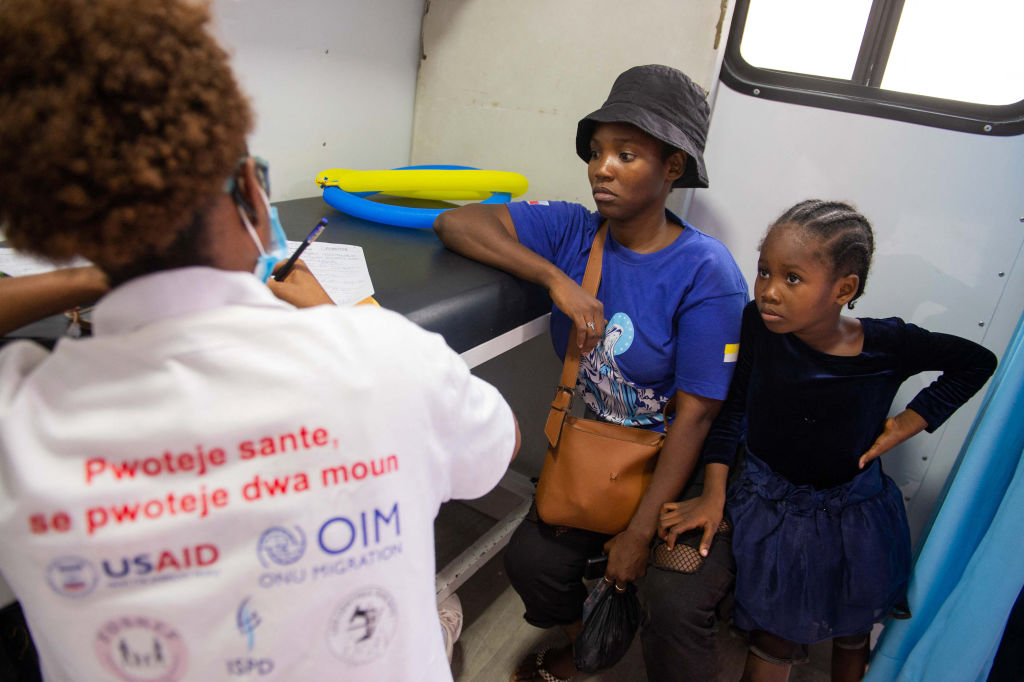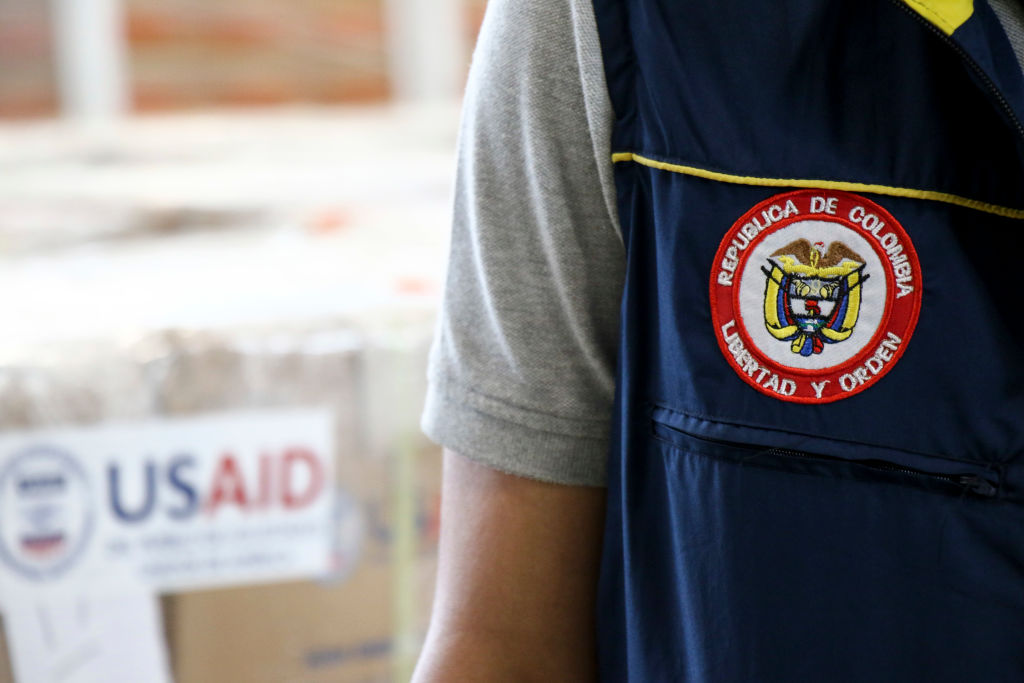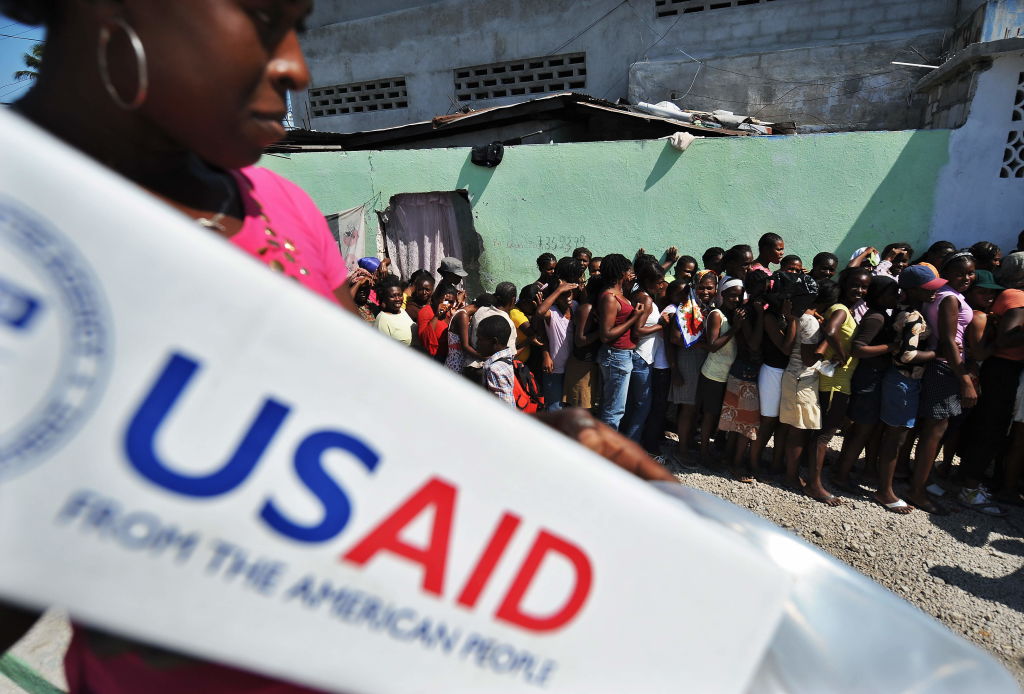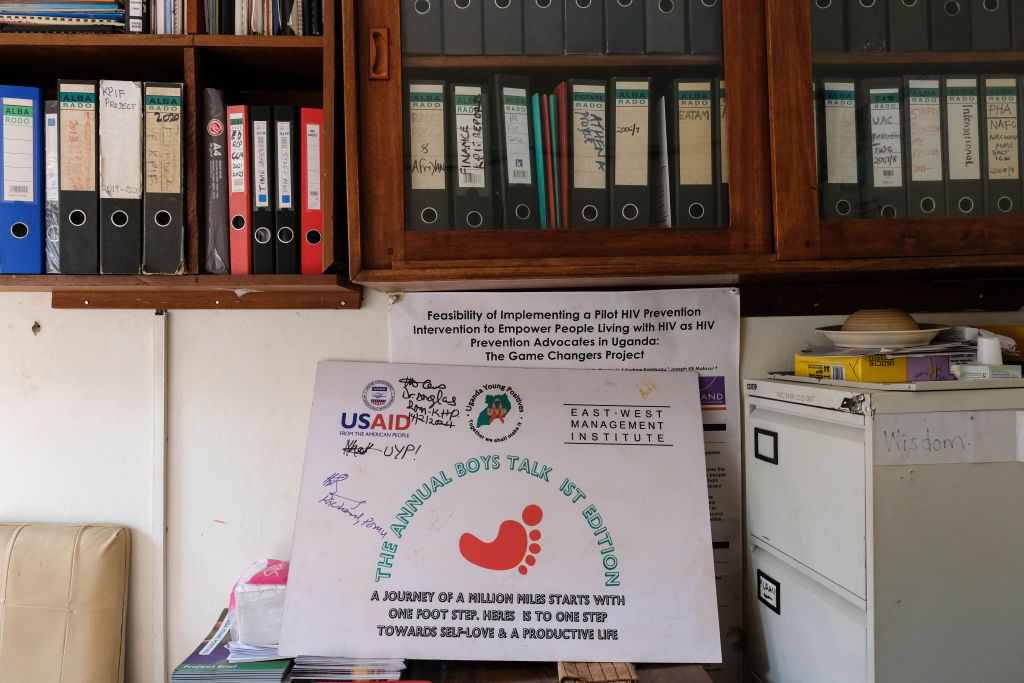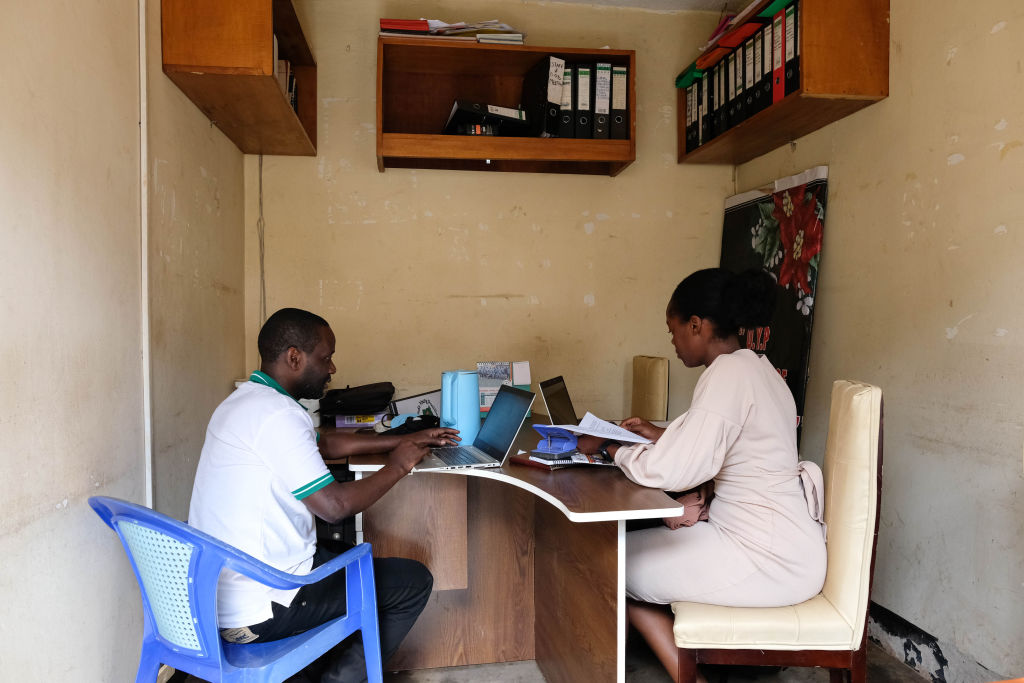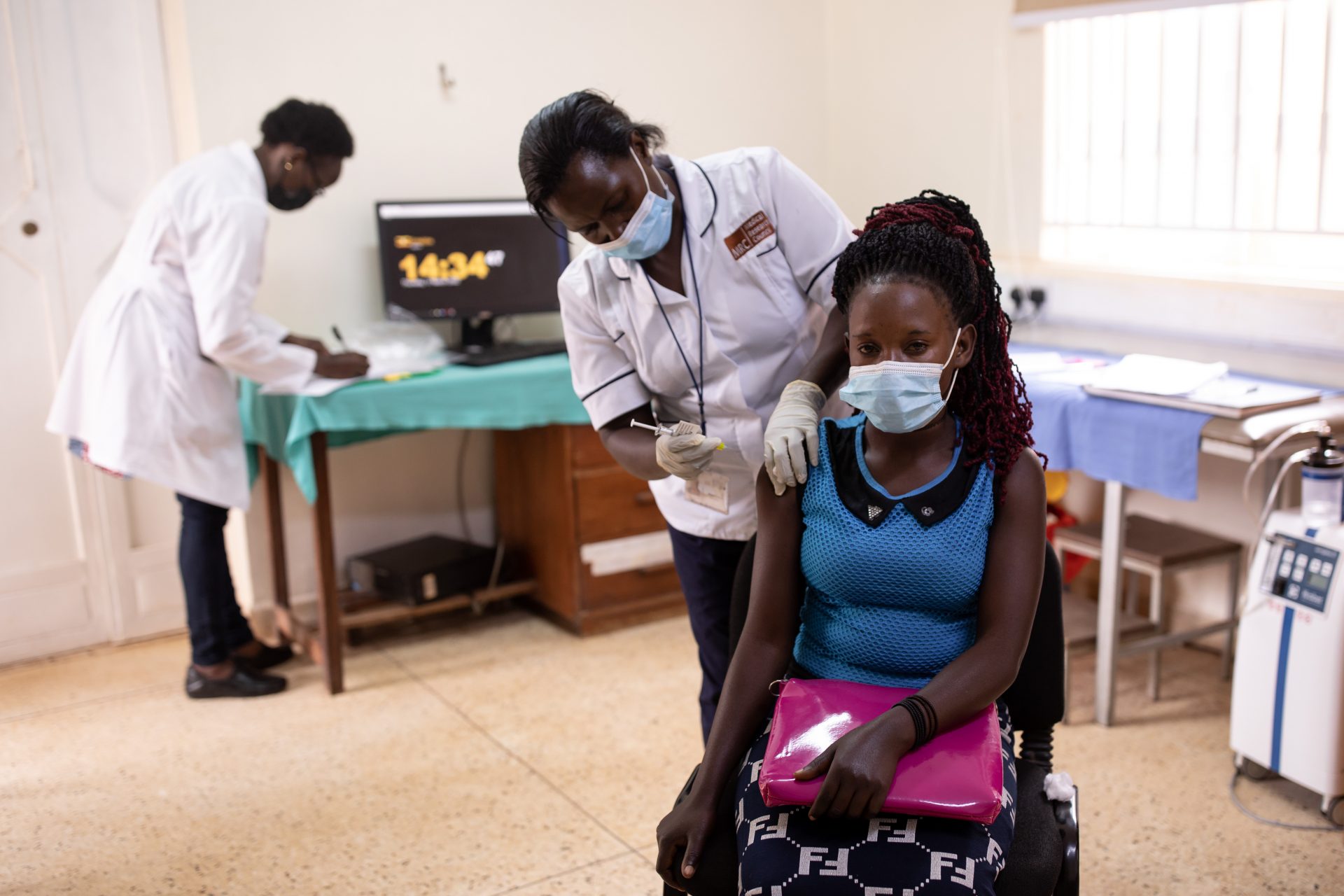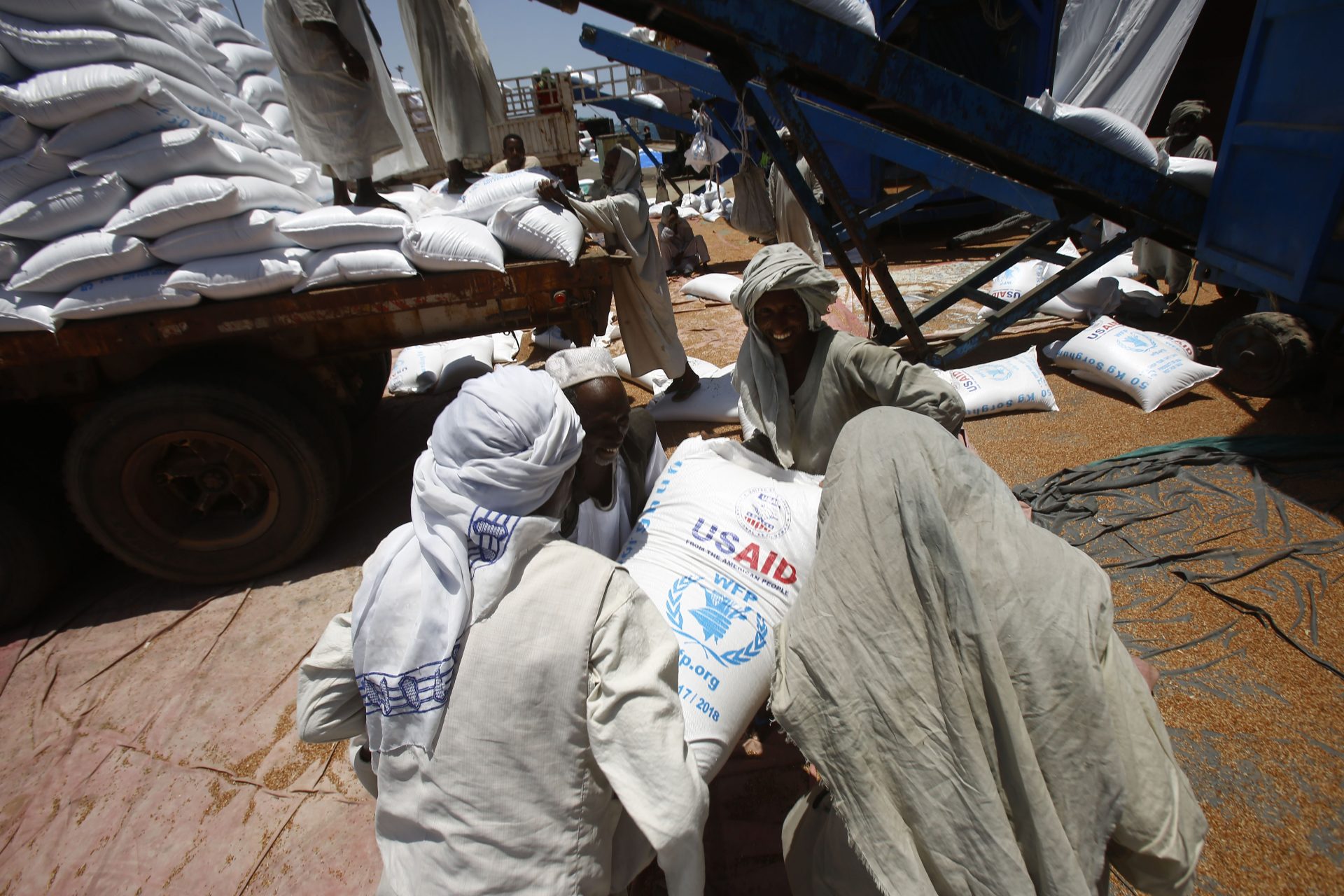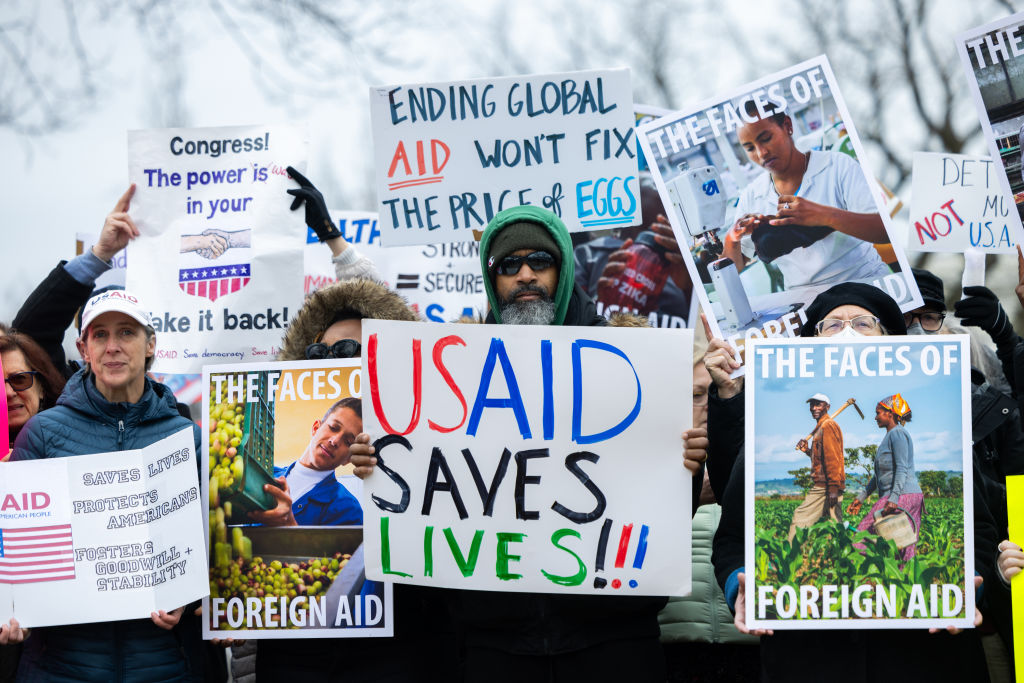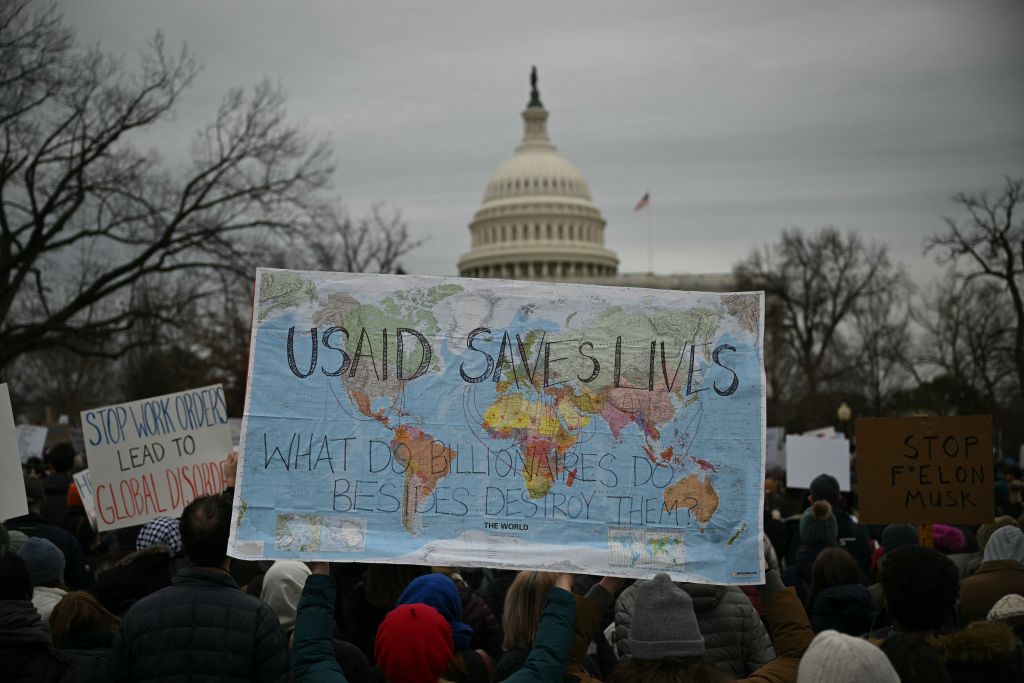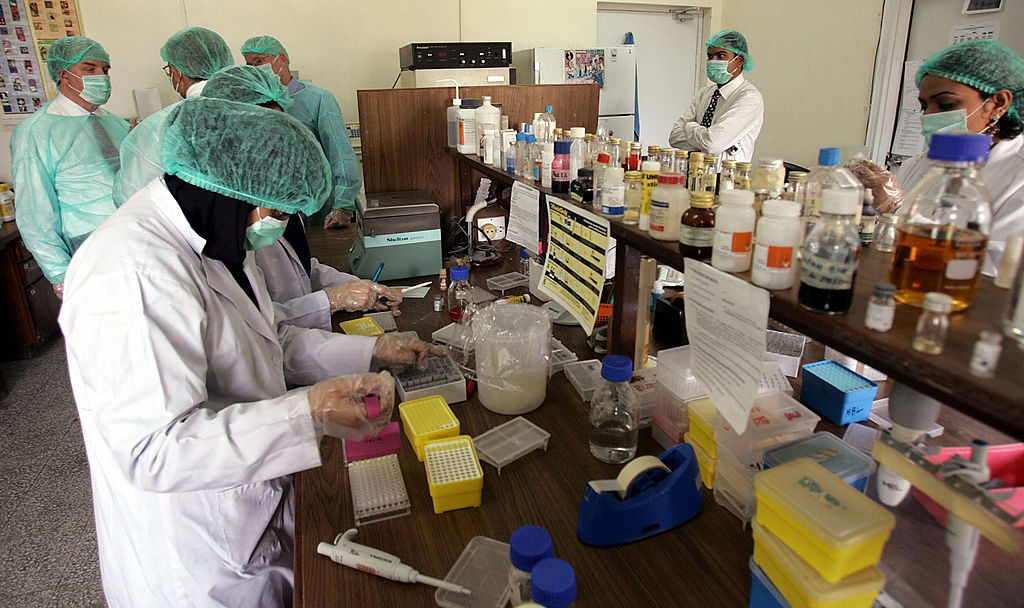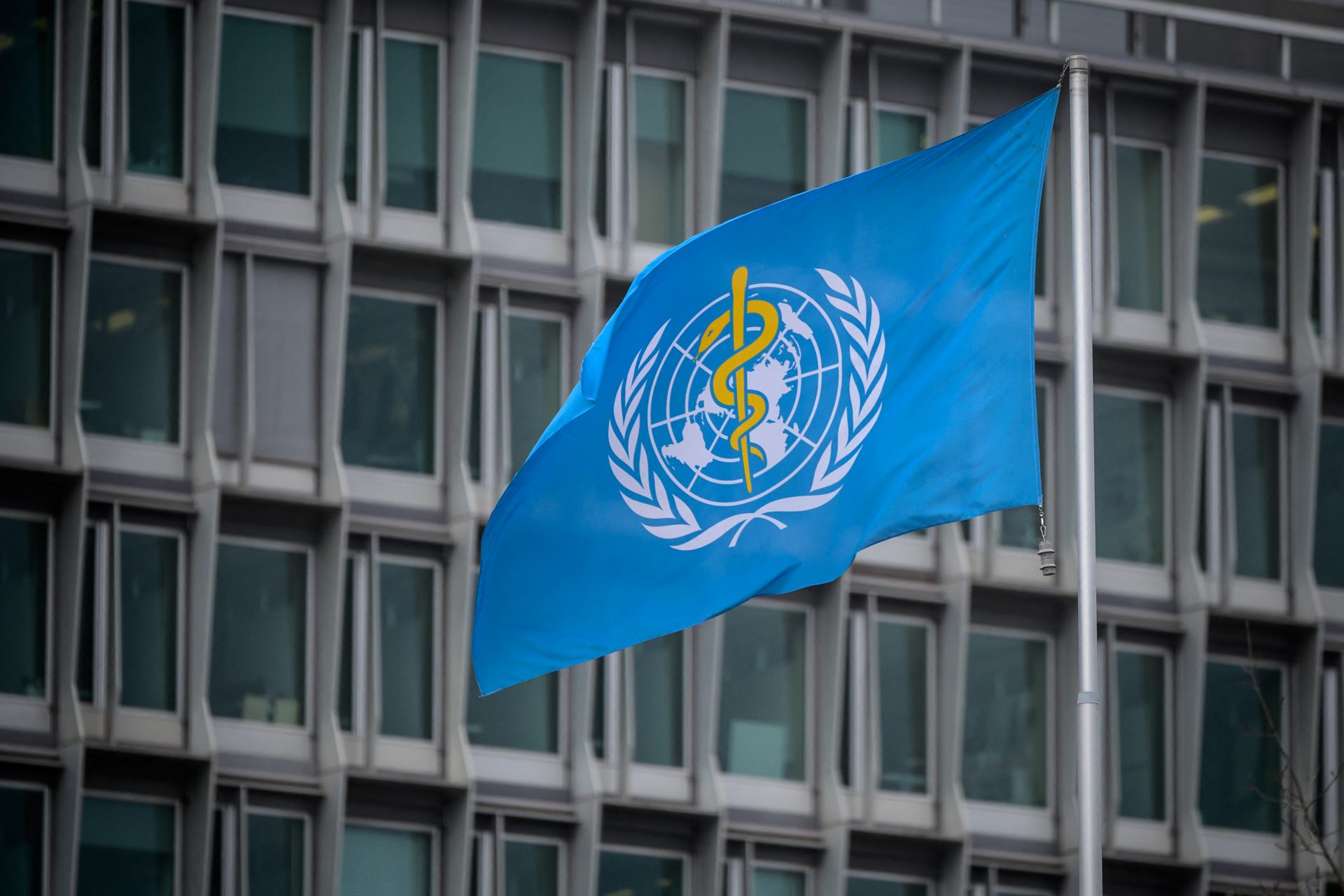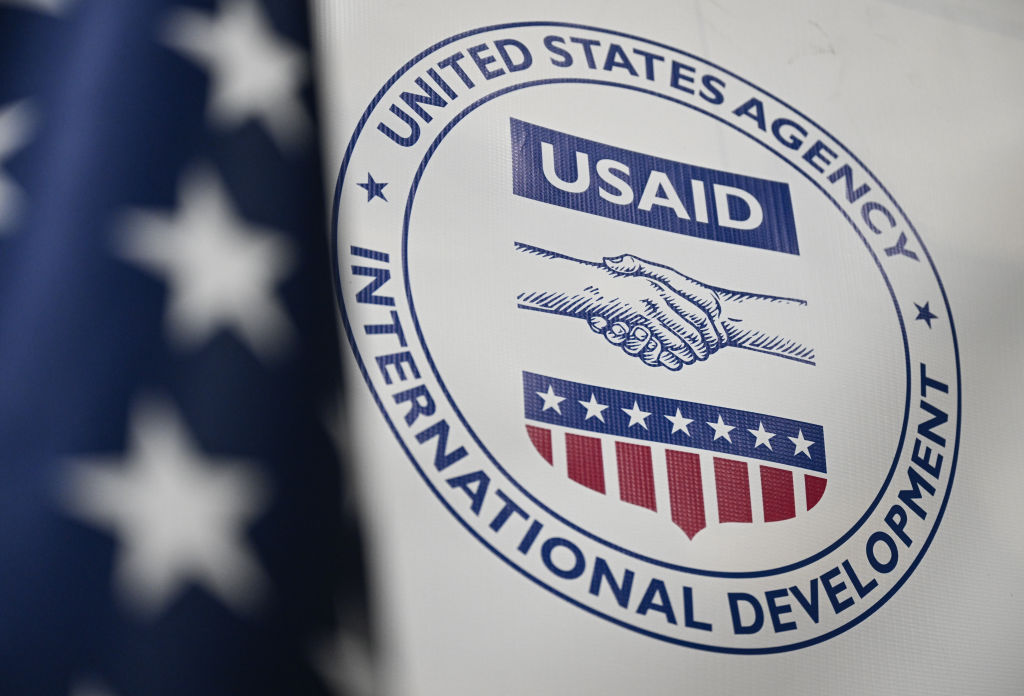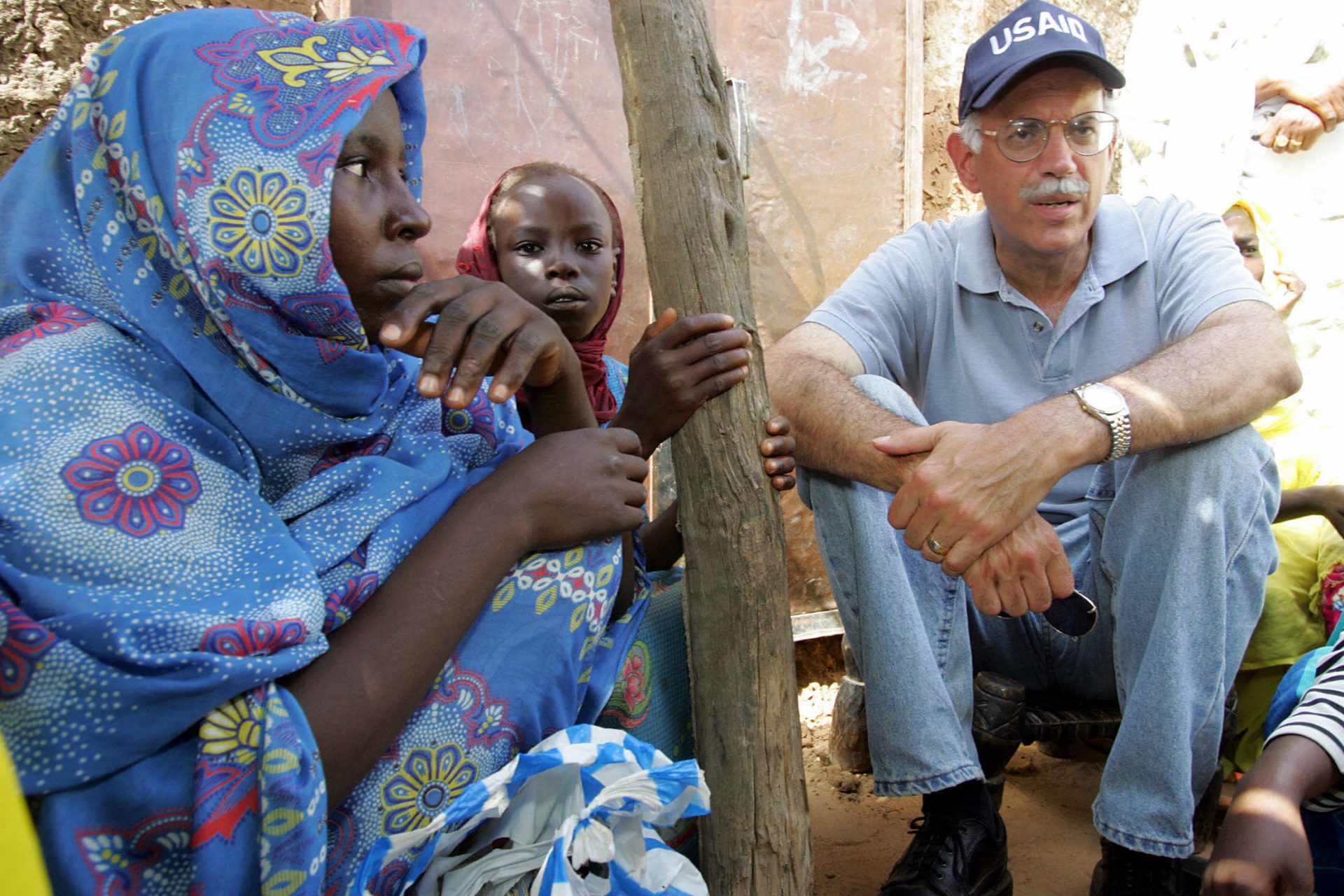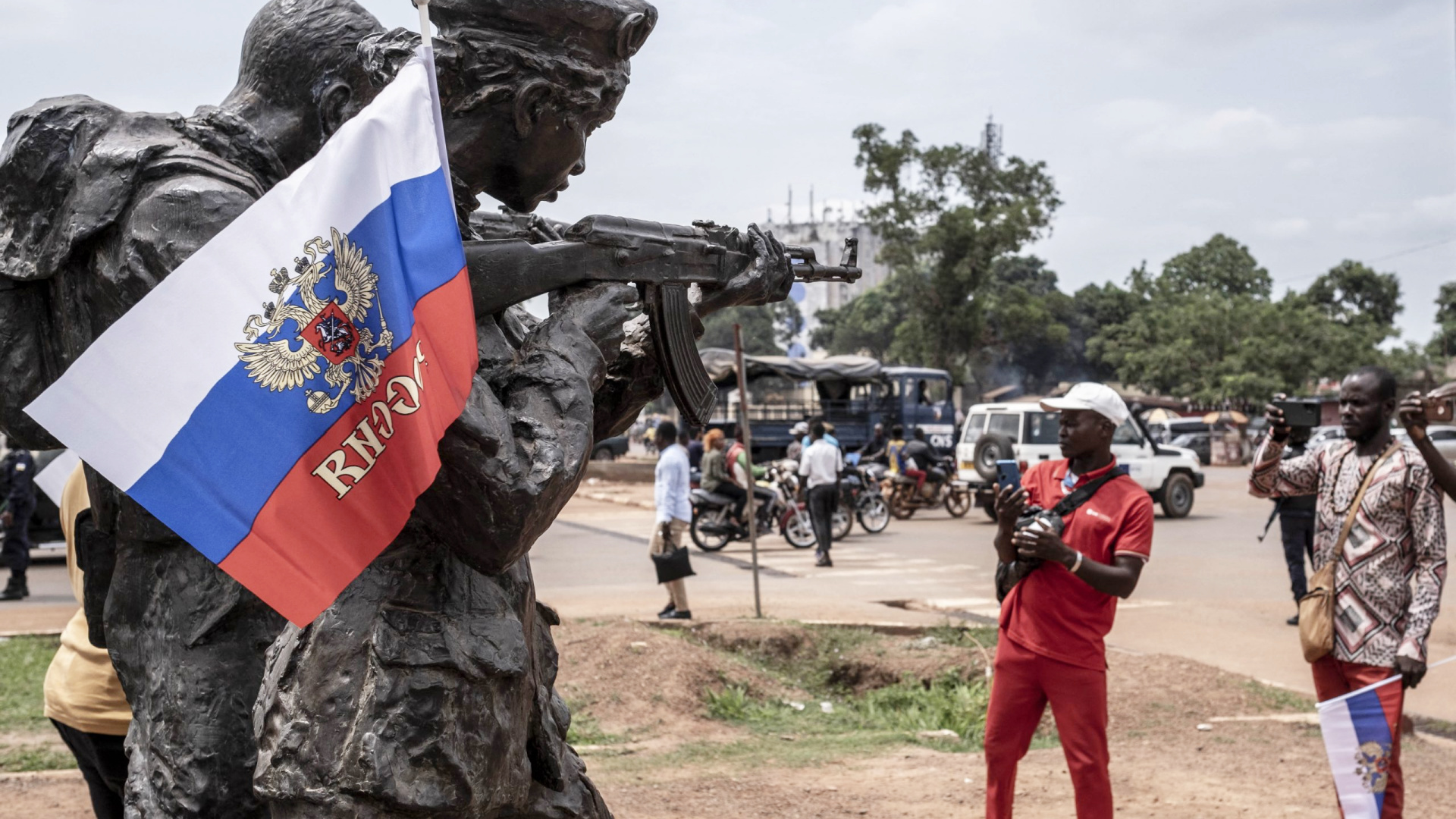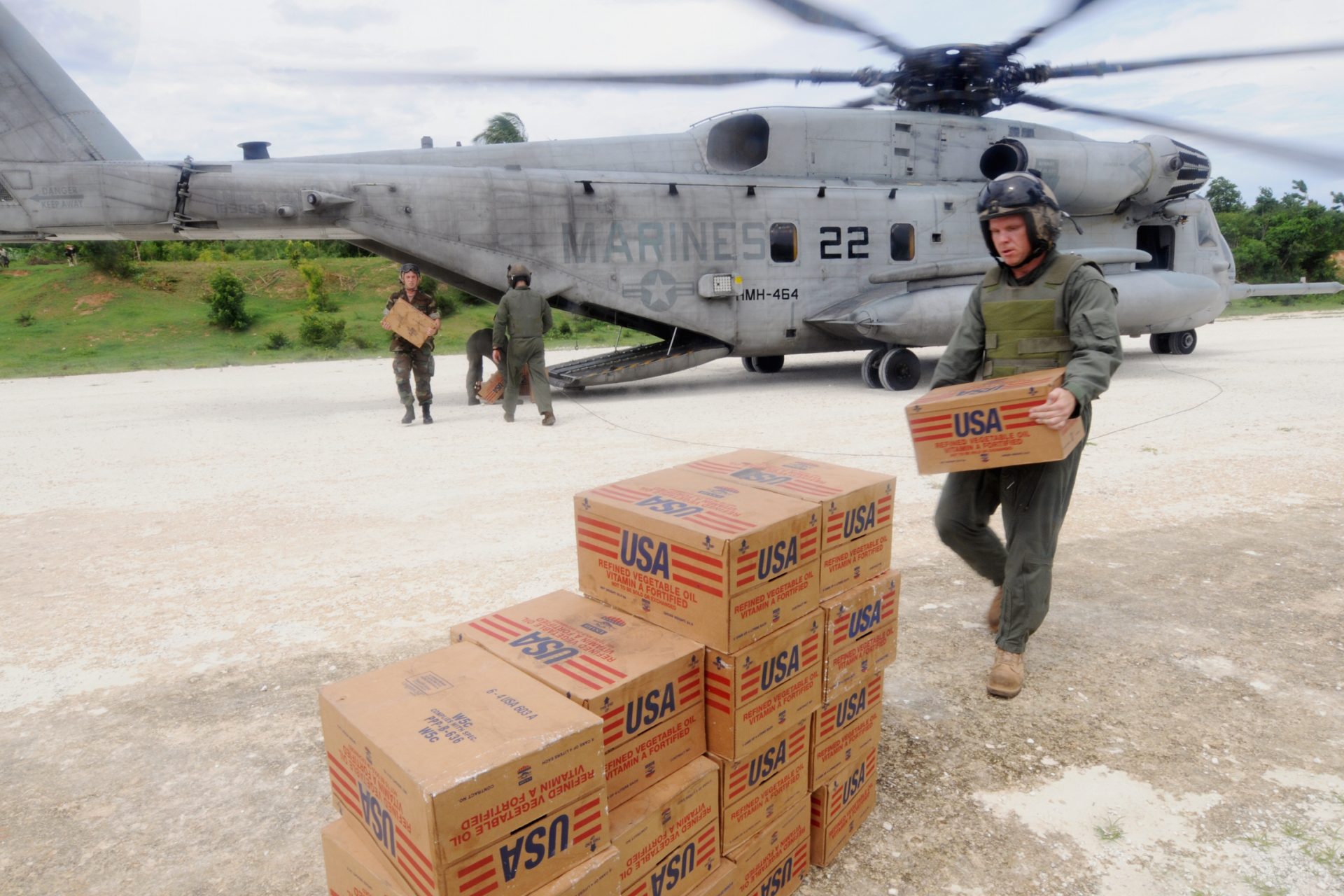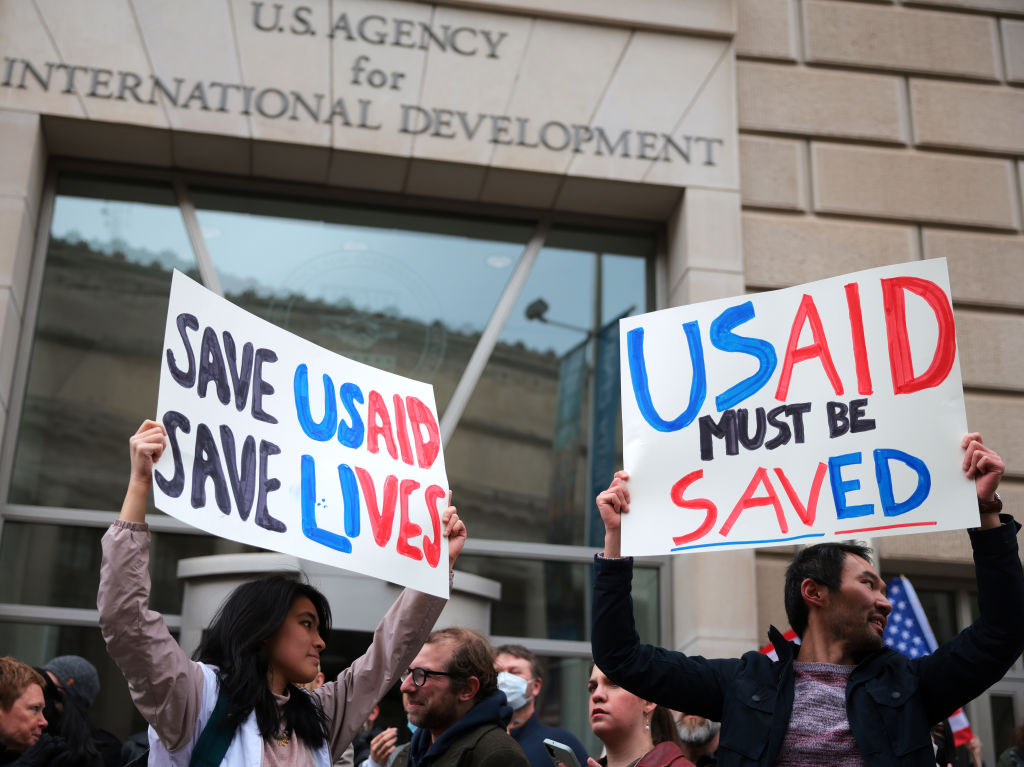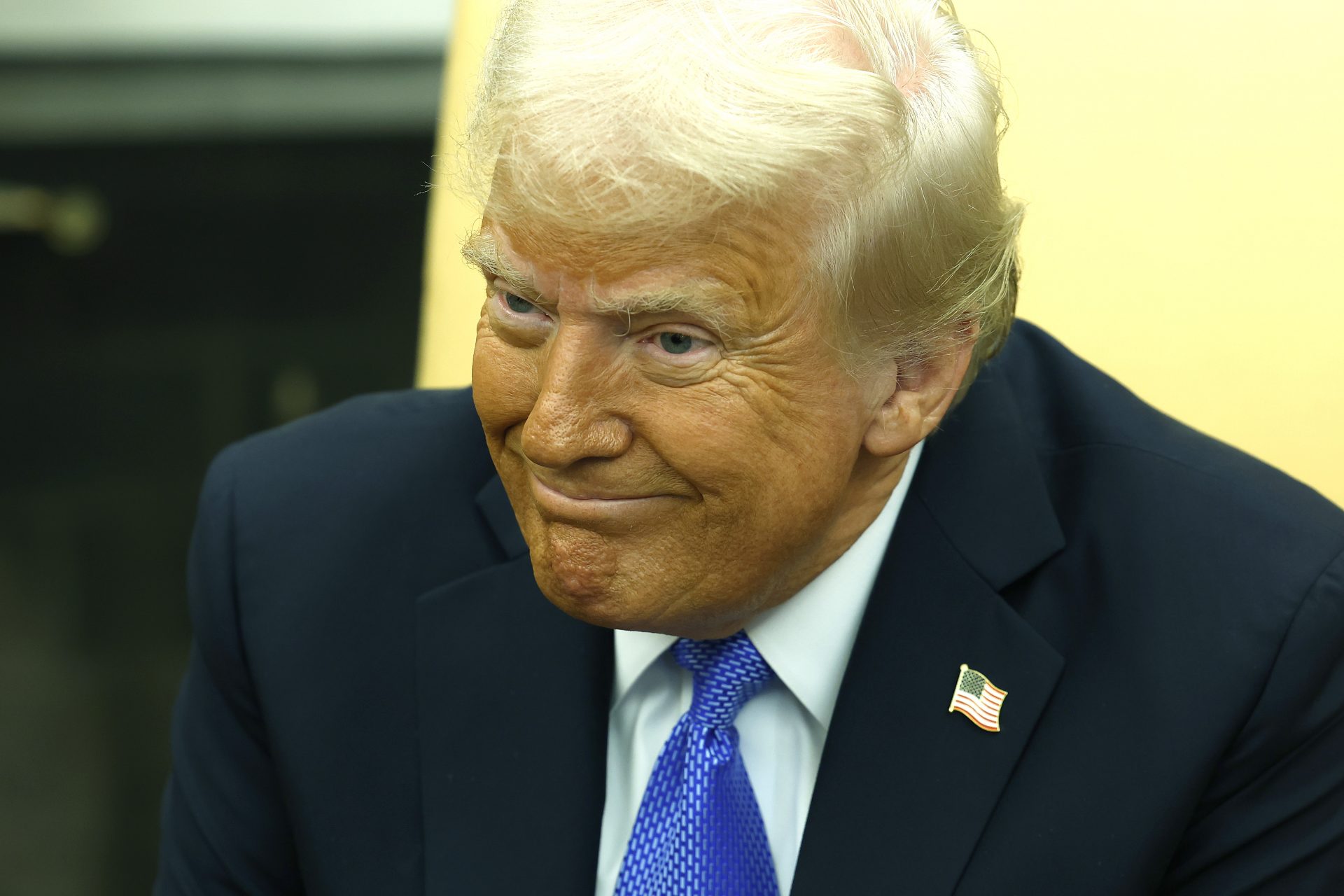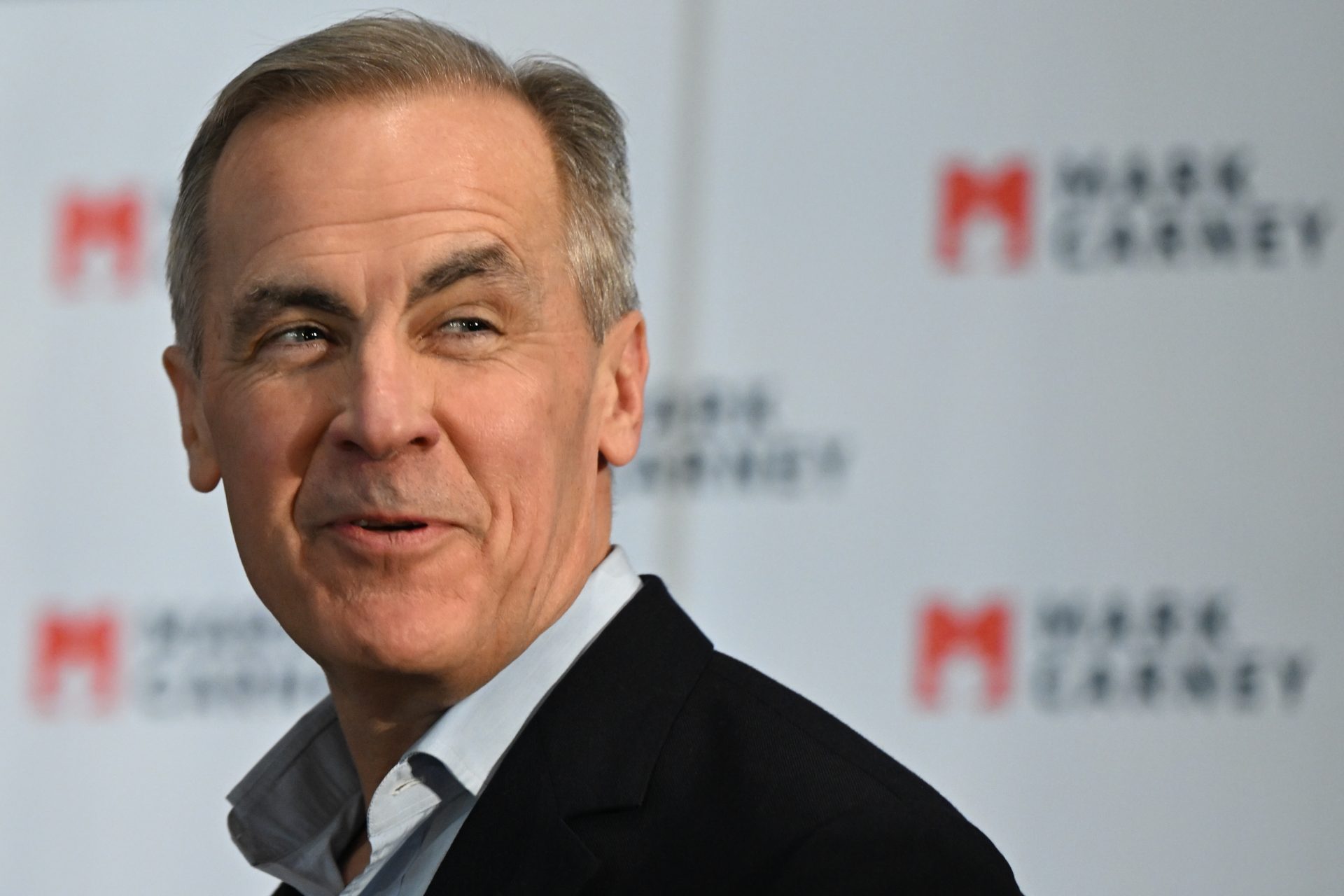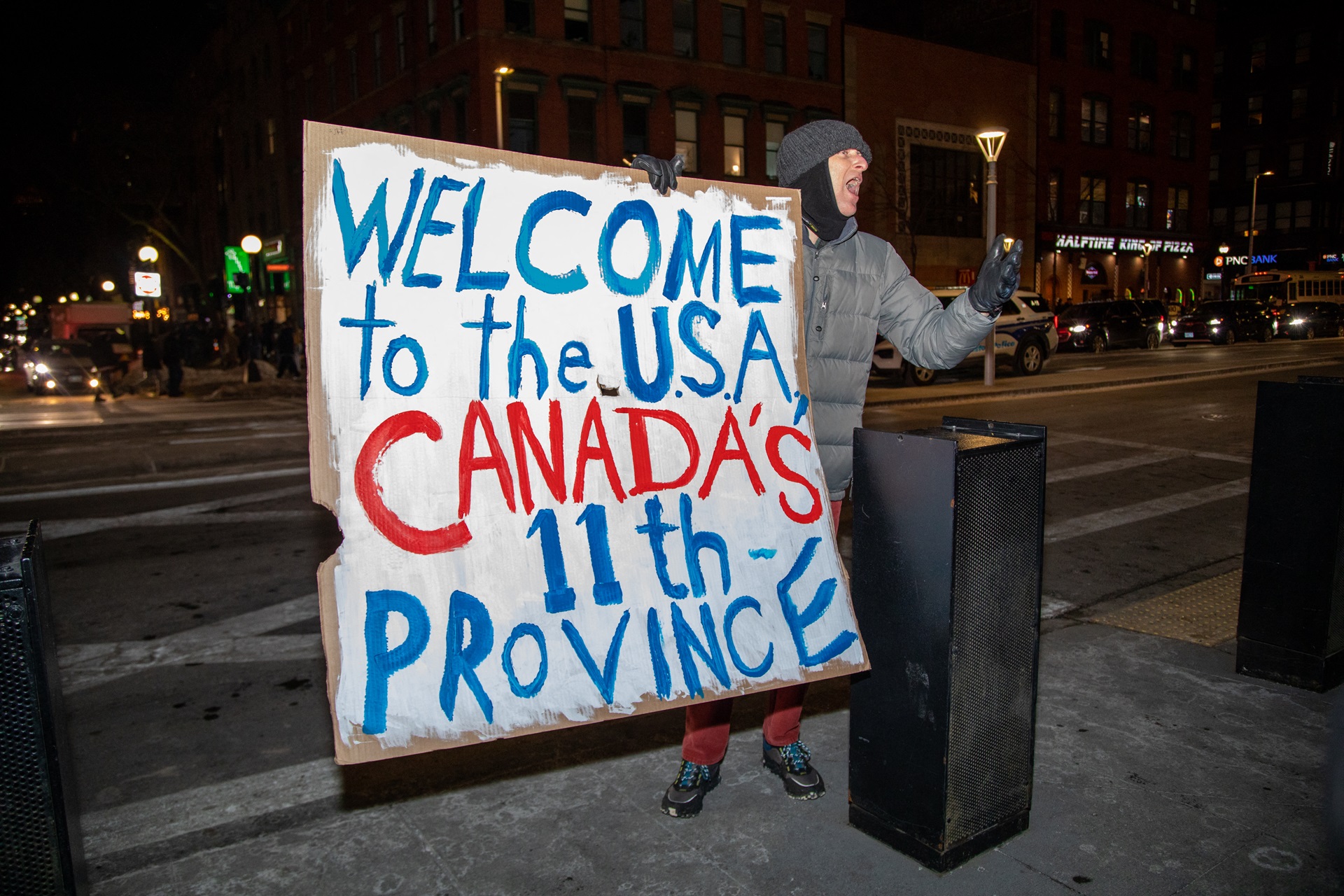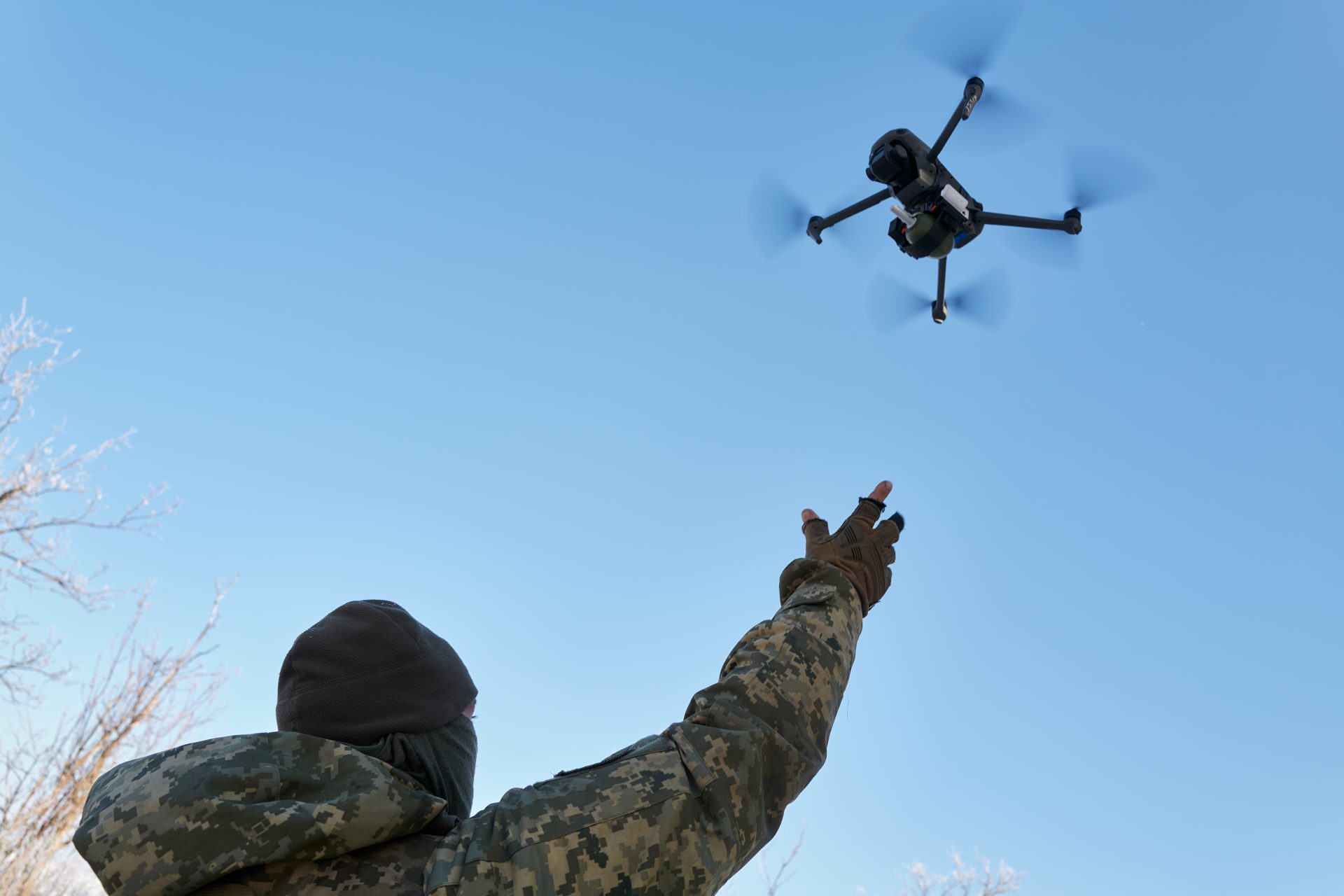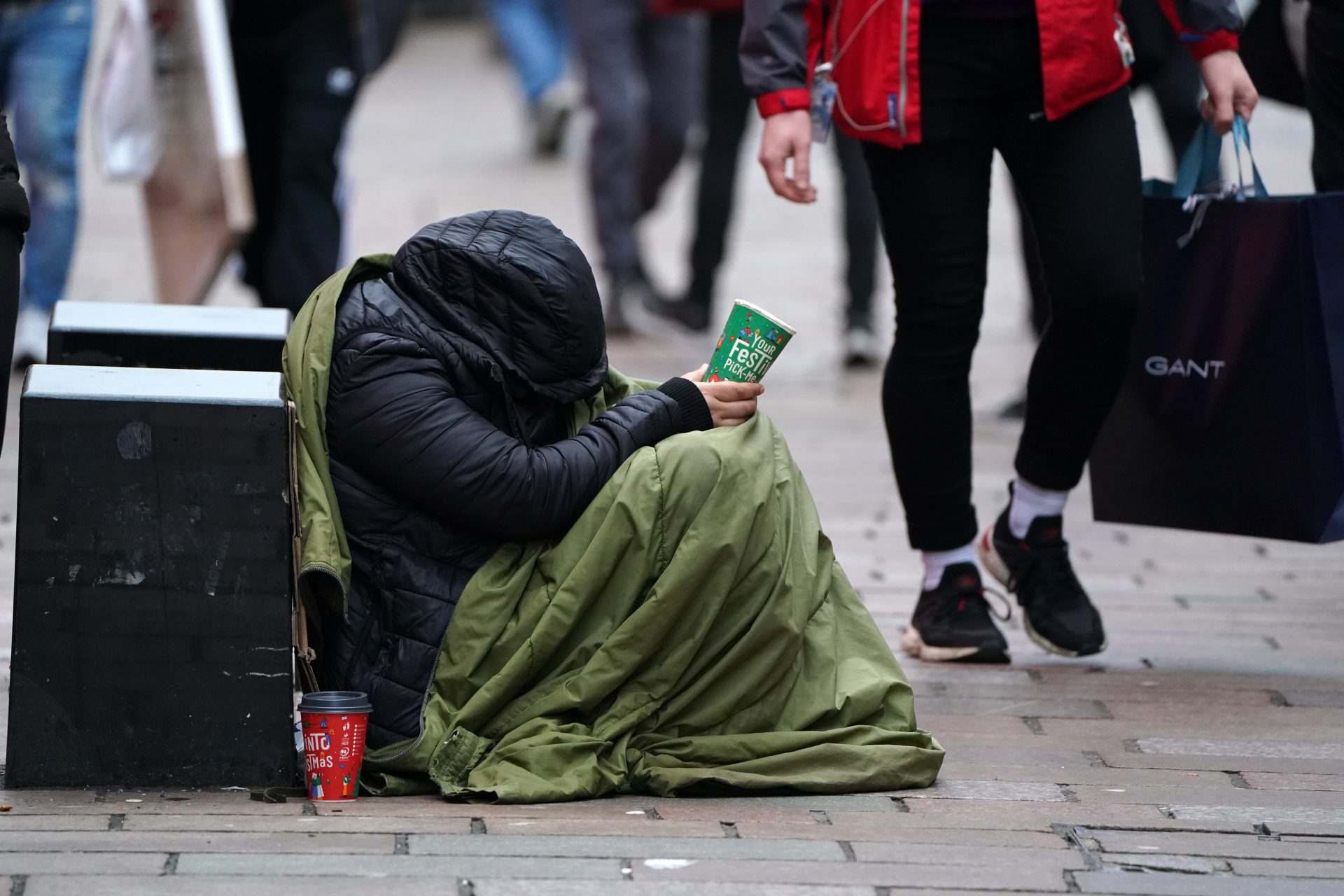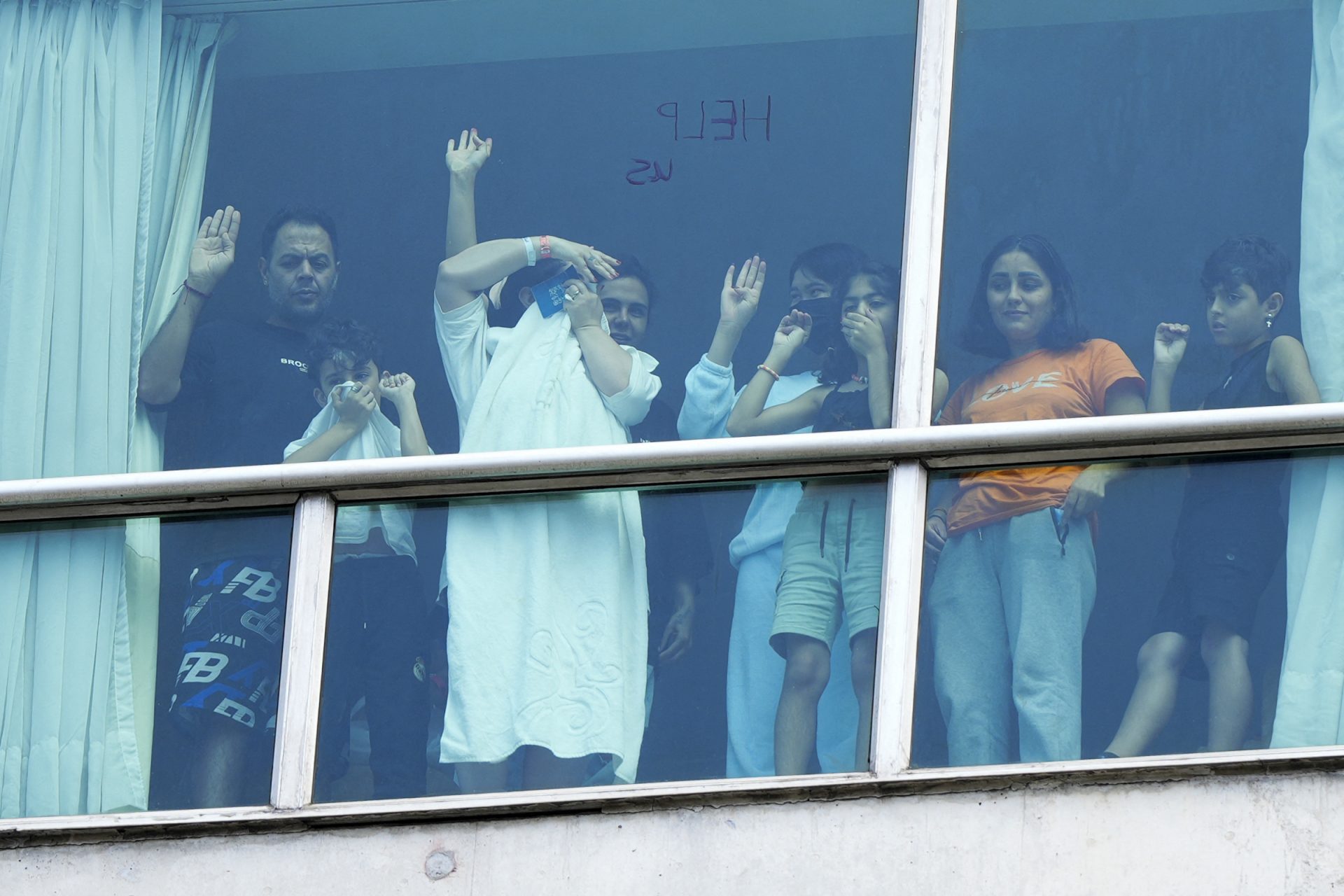Losing USAID will harm the United States and the rest of the world
The Trump administration's decision to suspend funding for the United States Agency for International Development (USAID) has affected millions in at least 50 countries. The move has disrupted essential health and welfare programs, making fighting disease and improving living standards harder.
Reuters reports that Trump has called USAID “incompetent and corrupt,” leading to a series of staff cuts and the halting of nearly all of its aid programs.
With an annual budget of 40 billion US dollars, mostly earmarked for health initiatives, the agency makes up for just 0.6% of total US government spending on humanitarian assistance, BBC News reported.
The World Health Organization is critical to sustaining global health, the United States included. The WHO's work ranges from strengthening health systems to preventing and responding to emergencies such as disease outbreaks, including in high-risk places, where other organizations cannot reach.
As part of a strategy to reduce spending on international aid, the suspension of funding directly impacts key programmes against HIV, polio and other infectious diseases. The WHO warns that this measure puts at risk the progress achieved in public health.
With support from the US and other countries, the WHO has undertaken its largest reform in history over the past seven years, improving transparency, efficiency, and global outreach.
Elon Musk, the tech mogul leading the White House's plan to downsize the federal government, has claimed that USAID is “a criminal organization.”
However, neither Musk nor Trump have presented clear evidence to back up their allegations. In addition to freezing USAID funding, the Trump Administration has begun the process of withdrawing the US from the WHO, according to BBC News.
The World Health Organization chairman. Dr. Tedros Adhanom Ghebreyesus, warned of the serious global consequences of the US halting its financial assistance.
During a virtual conference in Geneva, the head of WHO highlighted that the halting of the US President's Emergency Plan for AIDS Relief (PEPFAR), has left 50 countries without access to HIV treatment and prevention, according to BBC News.
Tedros also said that the temporary access to some essential services didn't prevent chaos: “Clinics have closed and health workers have been suspended”. According to the BBC, health experts warn of the risk of diseases spreading and delays in vaccine development due to the cuts.
The aid suspension also impacts educational and social projects, leaving hundreds of thousands of people without access to key services. This could trigger school dropout rates and increase poverty in the most vulnerable countries in the world.
USAID has been instrumental in Latin America, helping those displaced by violence and migrants, especially in Colombia.
Last year, it allocated nearly 50 million US dollars to feed Venezuelan refugees. Abandoning this aid exposes these populations to exploitation and abuse by criminal gangs, according to The Guardian.
The same source also reported that USAID projects in the Caribbean range from environmental protection to youth empowerment. In Jamaica, the Youth Empower Activity program, which helped at-risk youth access education and vocational training, has been suspended. This puts 54 million US dollars in funding at risk.
In addition, a regional food security project and a program for marine biodiversity protection are being halted. The suspension affects not only the direct recipients but also the workers of these programs and small businesses that benefit from them.
In sub-Saharan Africa, USAID’s funding freeze affects more than a third of its foreign aid, putting key health programs at risk and threatening to put some 40,000 health workers out of work in Kenya, for example.
In South Africa, patients have found clinics closed, reflecting the devastating impact of the cuts on one of the countries affected the most by HIV, The Guardian reported.
The suspension of USAID aid has put lifesaving efforts, such as US-funded facilities caring for malnourished babies, at serious risk. In Khartoum, the country's capital, two-thirds of Sudan’s soup kitchens closed in the first week after USAID was halted.
The international community has expressed alarm at the humanitarian impact of the Trump Administration's decision. NGOs have called on the US government to reconsider its position, highlighting USAID's essential role in global development and humanitarian aid.
Despite efforts by governments and international organizations to find solutions, uncertainty about the future of US funding poses a fundamental challenge for many countries that rely on this assistance to boost their development and ensure the well-being of their populations.
Meg Doherty, director of global programs for HIV, hepatitis, and STDs at the WHO, said efforts are being coordinated to redistribute medical supplies between countries.
However, Doherty warned that this is only a temporary solution and that a long-term strategy is needed: “We have sought support between countries to share resources, but this is not a sustainable response”, according to BBC News.
USAID and US foreign assistance are also seen as a strategy to benefit Washington's agenda. While it's impossible to quantify its impact with precision, advocates argue that this strengthens US soft power abroad, contributing to the country's global influence, The Guardian reported.
By supporting developing countries, USAID helps stabilize poorer regions and prevent crises that could threaten the US. This early intervention seeks to avoid situations that could trigger larger-scale conflicts or affect US interests.
Furthermore, US aid acts as a brake on the expansion of the influence of rival powers, such as Russia and China, which are particularly active in Africa.
By maintaining a constant presence on the ground and strengthening ties with local organizations, the US ensures that its global rivals have a hard time creating new alliances or gaining key political positions, according to a report by The Guardian.
The future of many projects remains at risk as US policies are being assessed. The international community must prepare to deal with the long-term effects of this loss of funds, which threatens to weaken health systems and slow economic development across the globe.
More for you
Top Stories



